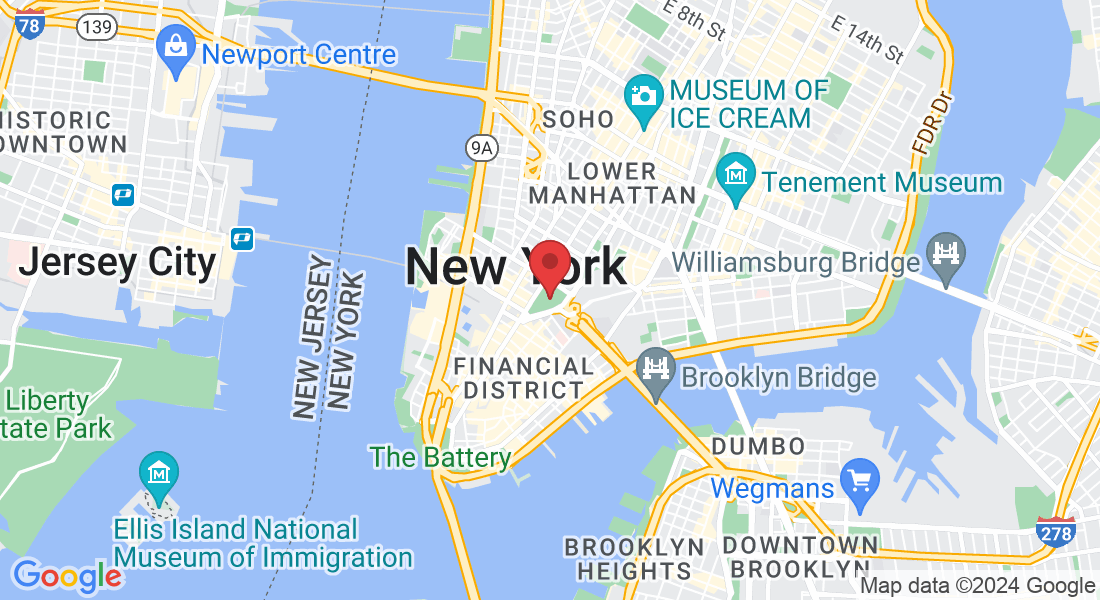Nobilis Global
It's time to rediscover your investment lifestyle with Nobilis Global.
With us you will enter a private network that's lead by industry titans, gain exposure to world-class deals, and achieve a level of financial success that will leave an enduring mark on the world.
WHY CHOOSE US?
Becoming No #1 For Investment Needs
Nobilis Global is a full-service investment banking boutique firm with an emphasis on Private Equity and Venture Capital, specializing in project funding and global bespoke financial services. With a focus on discretion and personalized service, we provide access to a carefully curated selection of private investments across diverse sectors.
Our commitment to excellence and our unwavering focus on client success have earned us a reputation as a trusted partner for those seeking unique and profitable investment opportunities.

$13B+
TTV of Deals
500+
Transactions
$150B+
Combined TTV
Enter the Flow
The cornerstone of our success is our team. We've brought together a group of seasoned professionals with diverse backgrounds in private equity, investment banking, corporate finance, and industry-specific expertise. Our team members are not just financial experts; they are strategic thinkers committed to driving value for our clients and partners.
Discover New Streams
Access our proprietary deal flow of world-class deals not available through traditional channels. Our curated portfolio of private market transactions spans multiple sectors and asset classes, offering potential for alpha generation and portfolio diversification. Through strategic asset allocation and rigorous due diligence, we aim to enhance portfolio efficiency and uncover new sources of risk-adjusted returns in today's complex investment landscape.
Redefine Your Possibilities
Nobilis Global will introduce a tokenized fund-of-funds leveraging blockchain technology. This vehicle will offer a stablecoin representing fractional ownership in a diversified private equity portfolio. The stablecoin's value will be pegged to the fund's NAV and backed by RWAs. This structure will aim to provide enhanced liquidity, operational efficiencies, and lower investment thresholds. The tokenization of fund shares will seek to optimize portfolio allocation for qualified investors, potentially improving access to institutional-quality private equity exposure.
FAQS
Do you charge any fees?
Ultimately, fees are an inevitable part of any transaction and hiring a quality investment advisor can help owners navigate through the complex and tedious process of funding a company or financing a project.
Although most fee structures follow a similar rubric, every deal is based on numerous factors that make it unique, and subject to negotiation.
Why do you charge an Underwriting Service fee, and how is it broken down?
The purpose of an underwriting service fee is to effectively qualify a client's deal. This ensures that the interests of an accredited investor are aligned with those of the client.
Role of the Underwriting Service Fee:
a. Client Commitment
b. Compliance & Legal Costs
c. Consultant Commitment
What does the Underwriting Service Deliver?
The initial underwriting service delivers a completed due diligence check, including stress-testing the financial model and developing a preliminary strategy. The client receives a Go-to-Market (GTM) Package with the following items:
Data-Analytics:
a. 9-point Risk-Matrix Model
b. Legal Background
c. KYC & AML
d. Licensing Verification
e. Data-Analysis Report
Due Diligence:
a. Application Processing - Intake Form
b. Document Preparation
c. Financial Analysis
c. Deal Underwrite
Marketing Material:
a. Cover Letter
b. Teaser & Executive Summary
c. Data-Inputs Verification and Representation
d. Stress-Test Validation
How often will I receive updates on my profile (or portfolio) performance?
Membership Clients have real-time access to a dedicated dashboard. Enjoy daily or weekly updates on your deal's progress, a KPI-driven deal summary, and the ability to schedule meetings with our diligence team or prospective investors through an online portal. We're committed to transparency and believe in empowering you to track your investment's trajectory with confidence.


